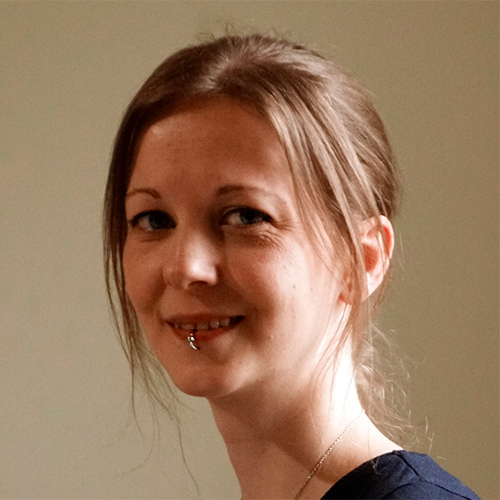Although many say it takes 10,000 hours of practice to become an expert in any field, research shows that not everyone has what it takes to become an Olympian or Paralympian. We can all improve performance through dedicated practice, but genetic factors, influencing both brawn and brains, probably make the difference between ‘good’ and ‘great’ sportspeople.
A 2016 analysis found that a mere 18 per cent of athletes’ sporting ability was explained by the amount they’d practised; for athletes competing at the international level, this number dropped to 1 per cent.
Sporting success is also affected by factors you can’t control, such as when you were born. For example, in the 2010-11 UEFA youth football tournaments, 43 per cent of players had birthdays between January and March (those born early in the selection period), compared to just 9 per cent born from October to December.
Children who are older when they start school might have a sporting advantage over younger classmates in terms of size, strength or confidence, but many sports psychologists suggest the benefits of birth month are also a result of social factors, such as how teachers perceive their ability.
Contrary to the idea that it’s important to start young, studies have shown that concentrating too intensely on one skill from a young age could be detrimental. For example, a Danish study found that elite athletes chose their specialism later and trained less in childhood than near-elite athletes. What set the elite athletes apart was intensifying their training in their late teens.
So, perhaps the best path to becoming an Olympian is to try many hobbies as a child and later focus on activities where you find natural ability and – most importantly – enjoyment.
Read more about the science of sport:
